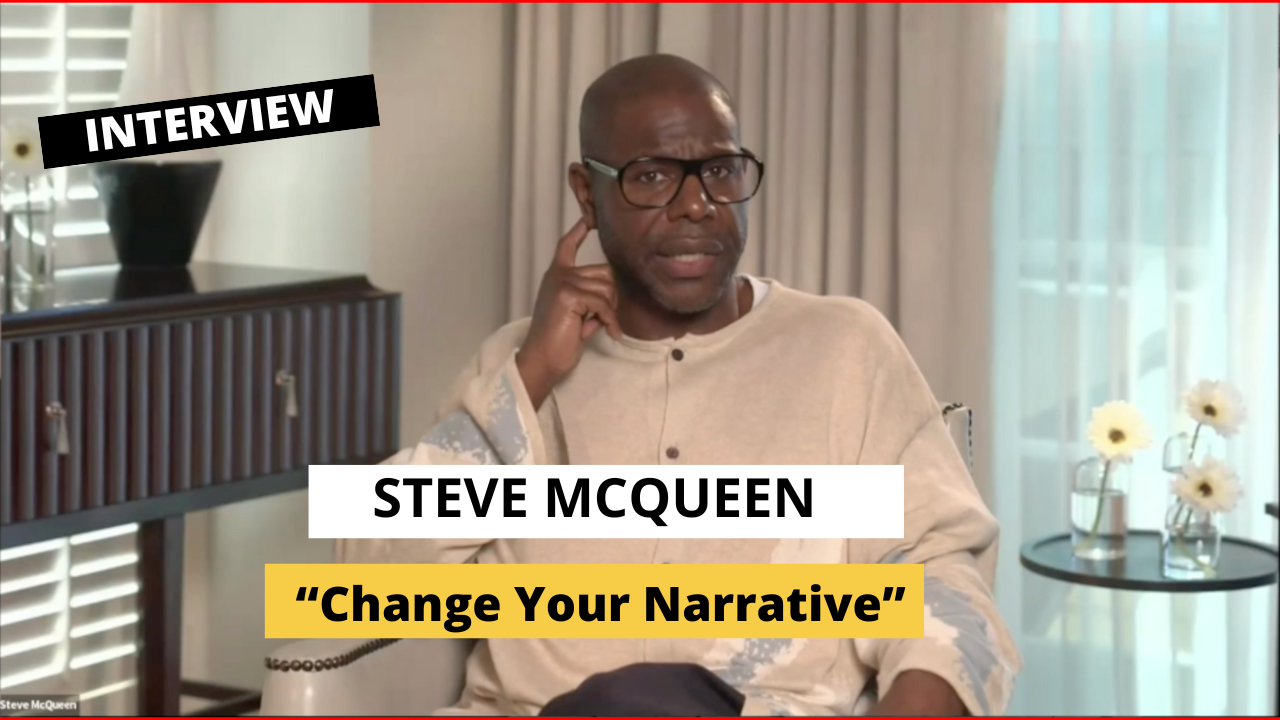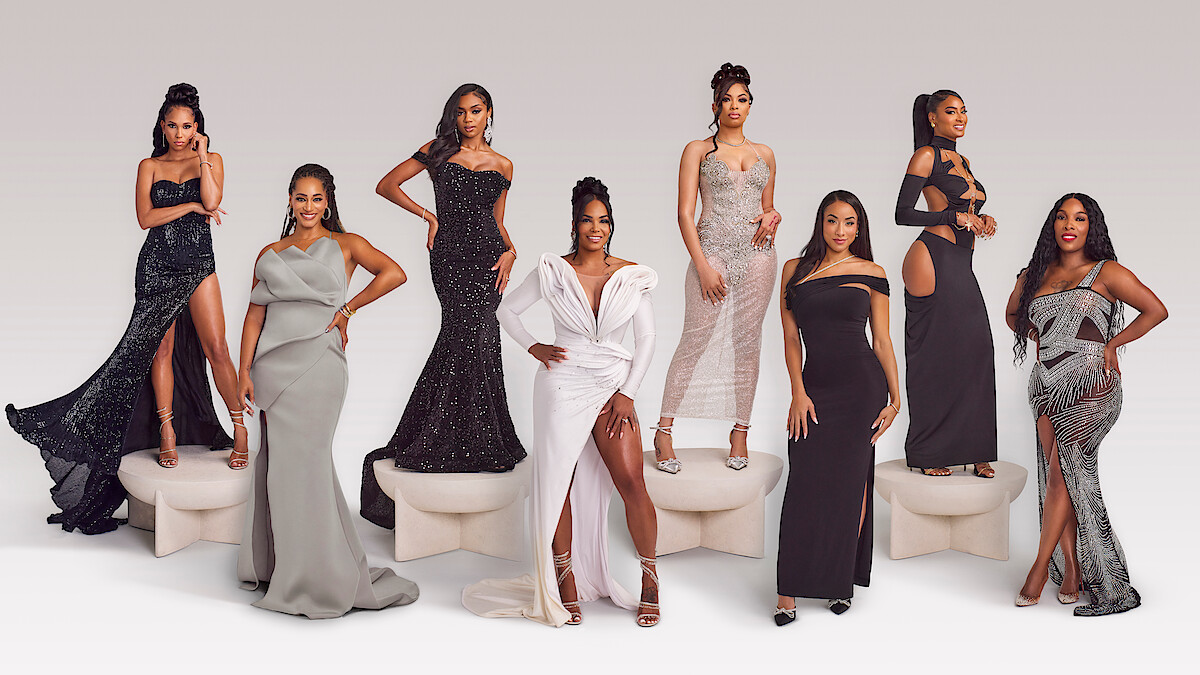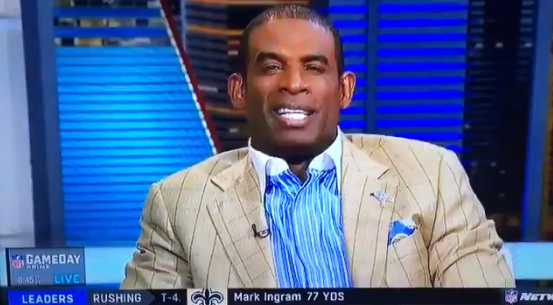Social media can be a blessing and a curse for many. For those working at ESPN, it’s become a sticky subject that has to be carefully navigated or face stiff consequences.
Following the Twitter controversies that took place over the past few months with ESPN analyst Jemele Hill’s tweets where she referred to President Donald Trump as a white supremacist and tweets that suggested fans boycott NFL sponsors, ESPN has updated their social media policy – which was initially created in 2011.
The new policy was posted late last week, and includes some additions that are directly related to recent incidents with Hill, and older ones involving Linda Cohn and Curt Schilling.
The new policy highlights areas like “Do nothing that would undercut your colleagues’ work or embroil the company in unwanted controversy.” Think you have something political to tweet, check with an editor or producer first and avoid political and social issues completely. They also want reporters to refrain from breaking news on social media platforms. Does that mean Adam Shefter won’t be sharing his insider scoops on Twitter anymore?
Outside of “hard” news reporting, commentary related to political or social issues,
candidates or office holders should be consistent with these guidelines:
+ The subject matter should merit our audience’s interests, and be worthy of our time,
space and resources; we should be in position to discuss the issue with authority and
be factually accurate.
+ The topic should be related to a current issue impacting sports, unless otherwise
approved by senior editorial management. This condition may vary for content
appearing on platforms with broader editorial missions – such as The Undefeated,
FiveThirtyEight and espnW.
+ Commentaries on relevant sports-related issues are appropriate, but we should refrain
from overt partisanship or endorsement of particular candidates, politicians or political
parties.
+ The presentation should be thoughtful and respectful. We should offer balance or
recognize opposing views, as warranted. We should avoid personal attacks and
inflammatory rhetoric.
+ Communication with producers and editors must take place prior to commentary on
any political or social issues to manage volume and ensure a fair and effective
presentation. These guidelines act in concert with all ESPN editorial standards &
practices, including those governing social media and commentary, and apply on
ESPN, Twitter, Facebook and other media.
Back in April, the political aspect was bumped up
You can read the revised policy HERE and compare it to the first version from six years ago.2011






